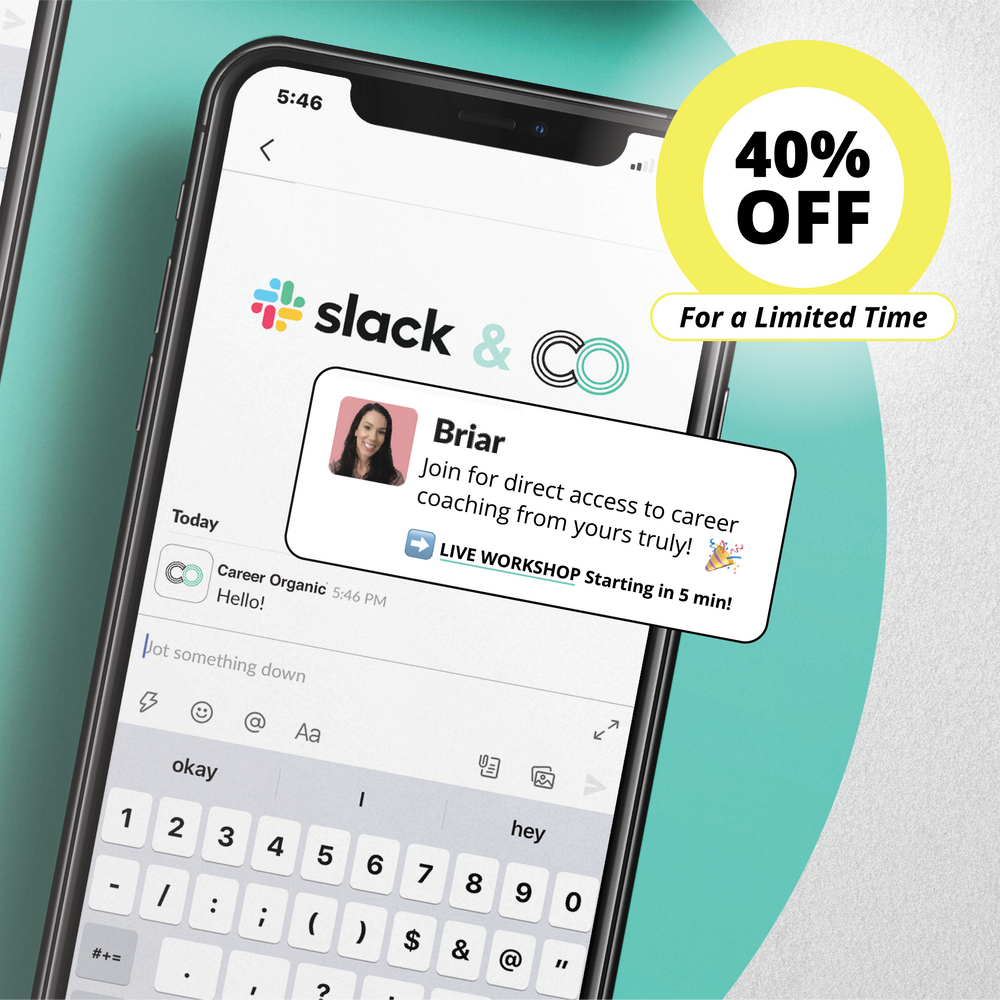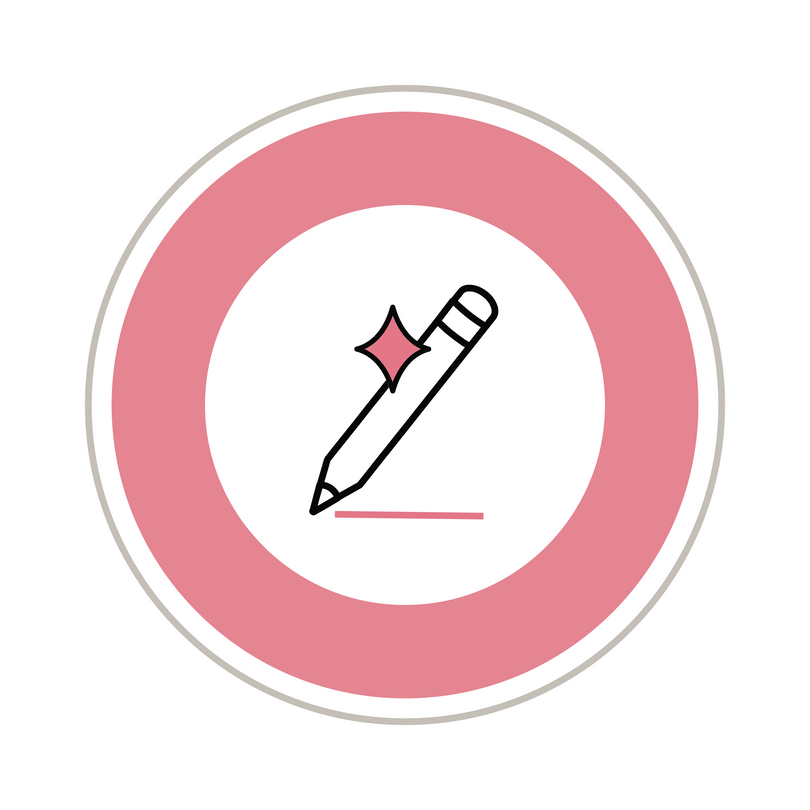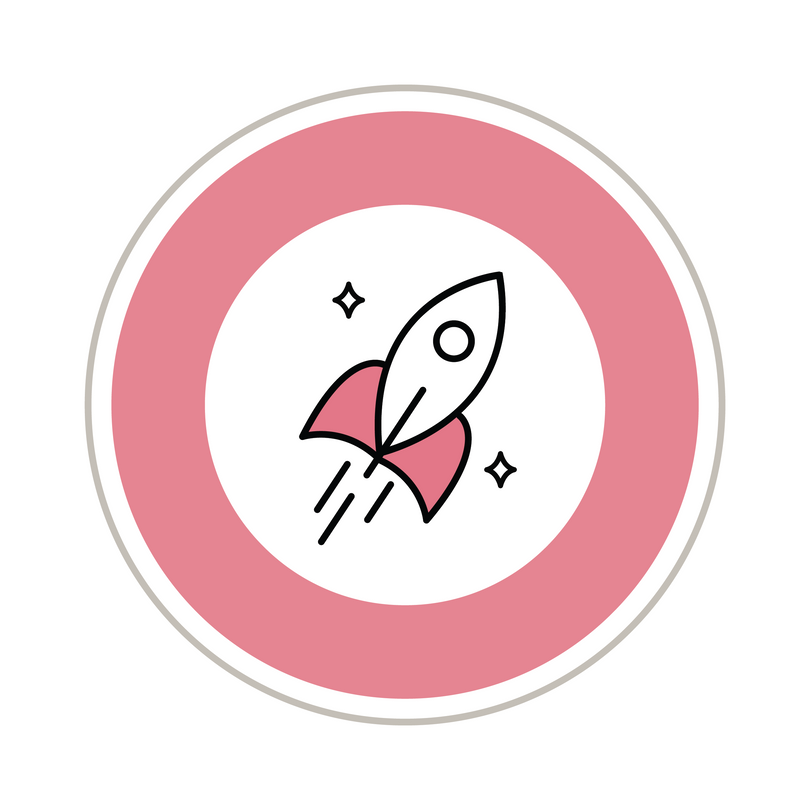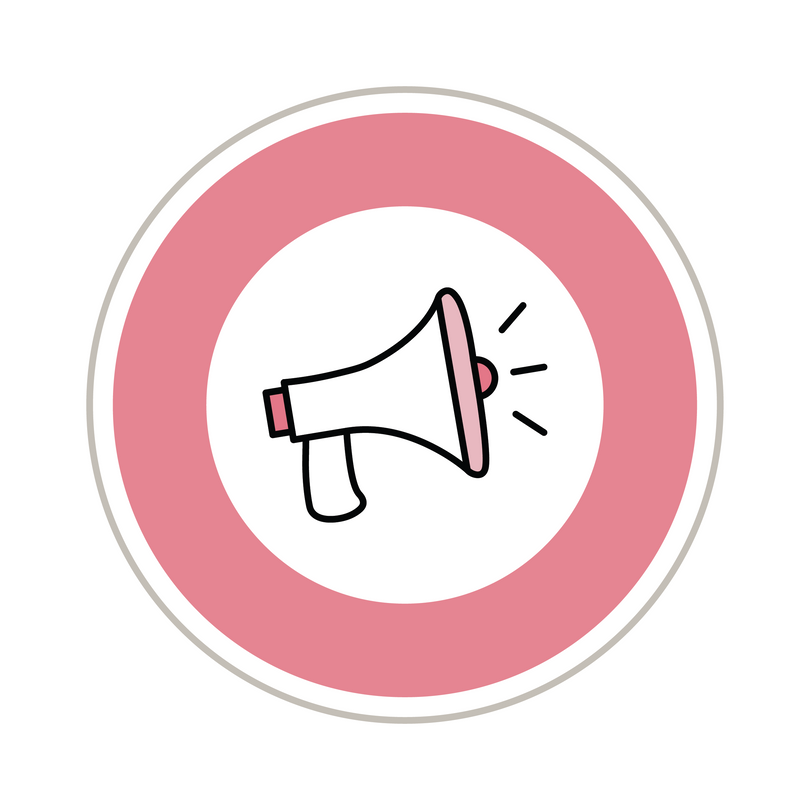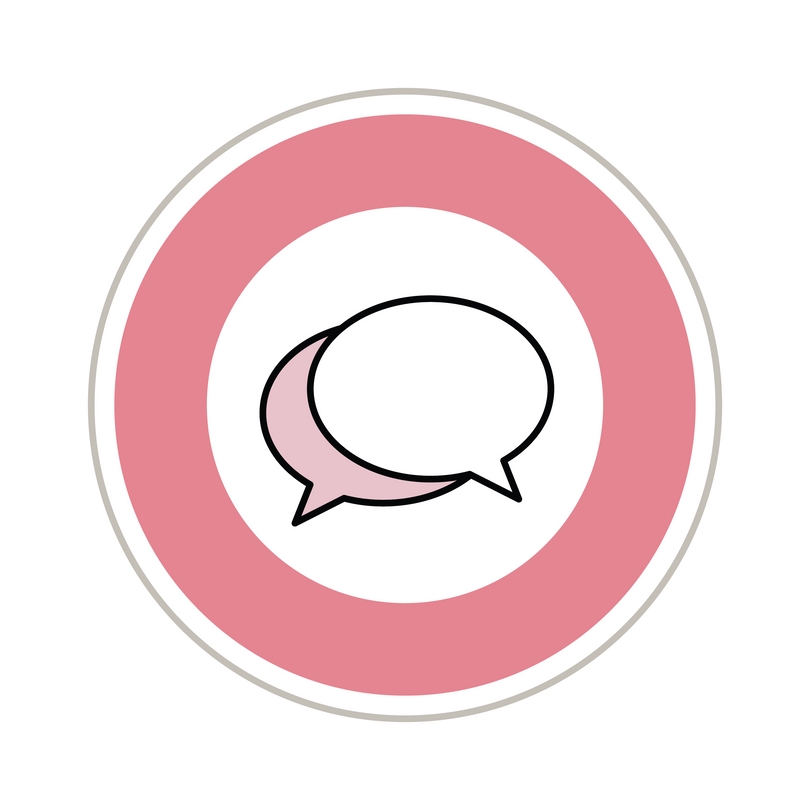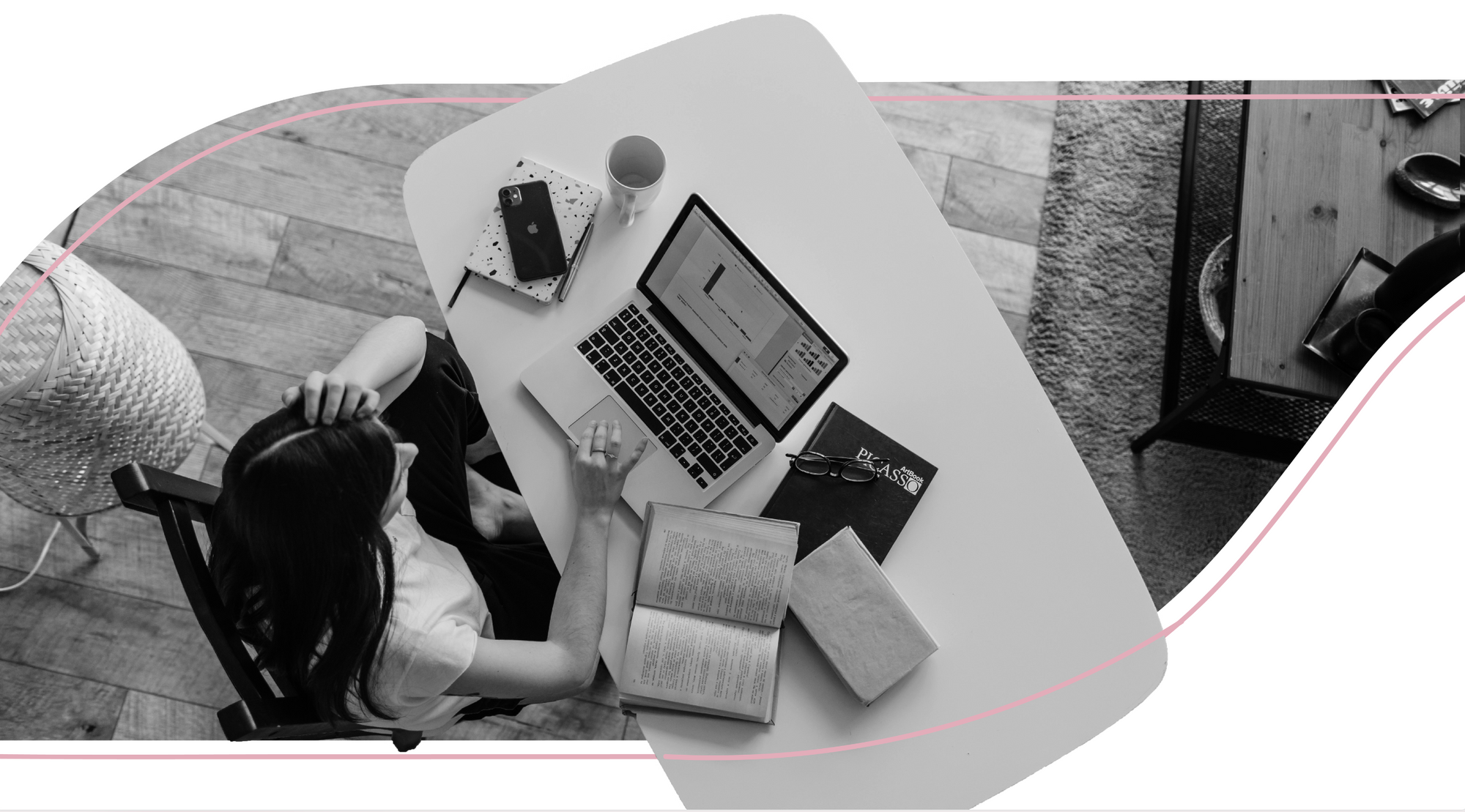I was in the women's locker room, visiting a sister location at Crunch Fitness, chatting casually with a colleague when I felt it coming on. It started with a bit of nausea. Nothing to write home about. But shortly after came lightheadedness. "Oh no, this can't be happening," I remember thinking, as I felt more and more disoriented.
Next, came the tunnel, forming right behind my eyes. My whole focus shifted as the tunnel grew in darkness and depth, consuming my entire consciousness. At first, it was just my mind, but soon enough it felt like my whole body was falling into a dark, spiraling vortex. That’s when I blacked out.
When I woke up, I was flat on the floor with both my forehead and the back of my head throbbing. People surrounded me, peering down as I stared at the ceiling. I heard someone say, “We’ve got to get one of the guys in here.” Within minutes, they were yelling to all of the women in the locker room to get out or cover up in order to get one of the male trainers to come in and carry me out. Still trying to understand what had happened, I put my arms around the trainer’s neck and was carried out of the locker room, passing tens of curious eyes along the way.
I later would find out that apparently, I’d passed out standing up, then fell face forward into the locker, before bouncing off and falling backwards. Once I hit the ground with the back of my head, I started convulsing, which to all the eyewitnesses, appeared to be a seizure on the floor, right there in the middle of the women's locker room. Thankfully, I only suffered minor injuries, but the question remained… What had caused it to happen? It wasn’t the first time it had happened in my life, and unfortunately, it would not be the last.
Doctors still haven’t been able to exactly diagnose this recurring health condition that started when I was sixteen, but they call it a ‘fight or flight issue’. Whenever my body is overheated, exhausted, dehydrated, or has an overwhelming amount of sharp acute pain, it automatically responds by triggering my primal flight instinct and completely shuts all processing down. After this particular episode, the only advice the doctors could give me was to get more rest.
To be fair, I had been going 100 miles a minute as a full-time student and full-time professional in New York City. But full speed was the only speed that I knew.

I wasn’t about to slow down or say no. Heck, I didn’t even know how to.
“Sure,” I responded to the medical experts, nodding my head in agreement but not fully acknowledging what had happened as a huge issue, so I was not about to let one little episode like this slow me down.
Full Speed Ahead...
So I kept going. Full speed ahead in my full time job, saying yes to any extra gig or overtime opportunity. Full speed ahead as a full time student, saying yes to any and all available extra coursework until my schedule was maxed out. Full speed ahead in my extracurricular life, saying yes to internship opportunities, babysitting gigs, and the occasional night out with friends, regardless of how early I had to be up the following morning.
Well, within months, the intensity of my lifestyle caught up with me again. I was rushing downtown to an all-hands on deck work meeting, headed to the 14th street Union Square stop. I scurried onto a super hot train, finding a standing spot next to the corner seat, when I felt it coming. Just like the previous time, it started with lightheadedness. I remember trying to fight it. “I cannot pass out on the train,” I repeated to myself. But to no avail, the black vortex had returned and shortly thereafter I was swirling into its center.
When I opened my eyes, my back was stinging. The whole train was staring at me. Fortunately, a nice elderly woman said, “Honey, you need to sit down,” offering me, a 20-year old, her seat. A couple of young men lifted me into the seat as another stranger came with an unopened bottle of water (seeing first-hand, all the best sides of New Yorkers). I felt awful, trying to collect myself, I stumbled off the train and went straight to the work meeting. After-all, this was part of being in management, and missing this just didn’t seem like an option.
This was yet another situation when I chose perseverance over self-care. I mean, work came first, right? However, when I got home, the severity of what happened started to sink in. While the first episode happened at a place I was very comfortable, surrounded by people I knew and could trust, the second time, well, that was out in public. And while the strangers on the train were shockingly gracious and considerate, it could’ve gone a different way. The community came together in this instance but if it happened again, I could’ve been left helplessly alone, taken advantage of or even robbed of my money and IDs (again). Relying on strangers to take care of me after passing out in New York City, didn’t seem like the smartest bet.
Humbled from the experience, I was finally realizing that, perhaps, I needed to reevaluate my priorities, most importantly my emotional and physical self-care.
Until these episodes, I’d never really needed to slow down. For as long as I can remember, I’d always been on ‘go mode’, putting 110% into everything I did. I think I developed such an ambitious demeanor from my childhood; my mom and dad instilled in me the value of hard work from day one. My dad, an entrepreneur himself with his own chiropractic practice, and my mom an RN and midwife, helped me understand from a very early age that if you put the effort into something, you’ll get the results. My dad was my first ever boss. I worked at the front desk in his office during high school until I found working at a local pizzeria was going to pay more. It was my first true lesson in capitalism, and while he was disappointed I’d be leaving, he always encouraged me to go out and learn new skills. I quickly learned that the harder I worked, the better the results I achieved. But it was more than just the money. Whenever I excelled I could see how proud my parents were of my efforts. The positive impact I was having was what really motivated me.
Before I knew it, I’d become addicted to working. Well, not so much addicted to working as I was addicted to the outcomes – that positive impact. The joy of putting my all into something and seeing the fruits of my labor became the only thing I was interested in. I sacrificed a lot, especially my time which was not being spent on rest, friendships, or just ‘being a kid’, all to be good at things that were work related. However, it truly felt worth it. I loved what I was doing and don’t think I would’ve changed it for the world.
While I certainly had worked harder than some of the other kids at my high school, I still feel work was a positive part of my life during those years. It wasn’t until I got to New York City that the balance started to shift. In a city with infinite opportunities, I wanted to get infinite outcomes. But while I had previously been motivated by the reward from the work I put in, now I felt overwhelmed from the rising priorities and how to pick just one.
Rather than motivated by the love of labor, I found myself more motivated by a fear or missing out(comes). I wanted to actualize every single opportunity that appeared in front of me, which meant I said 'YES' to everything. Well, everything apart from my own emotional self-care.
What is Emotional Self-Care?
Emotional self-care is taking the time to understand your boundaries, limitations, and expectations and grounding that in reality as to what you can do as a human being. You can’t do self-care activities or create a self-care plan if you don’t understand what you are taking care of.
At its core, emotional self-care is about the uncovering and discovery of your own needs.
Until that point, I had been totally blind to the importance of my own emotional self-care. It was difficult for me to recognize because I was always performing well and there had never been any hiccups. Physically, I was fit as a fiddle. Mentally, I was sharp as a tack. But emotionally, I was starved. However, I wasn’t even aware of it. So long as I was getting those positive outcomes,I thought everything was going according to plan.
Well, suddenly, my body was showing me that it wasn’t. I had always been young enough and strong enough to get by, but now it was clear: bad things can happen if I don’t take care of myself. I had reached a limit and felt vulnerable. The mental and physical are only two components. If I wanted to be the best version of myself, I needed time to dedicate to growing my emotional self.
Learning to Say ‘No’
The facts were loud and clear, if I didn’t slow down I was going to put myself into real jeopardy. I simply couldn't do it all and was going to need to find ways to rest. The only problem? I didn’t know how. That’s right, I literally didn’t know how to stop, let alone say no. While this seems like it should’ve been easy, after years of neglecting my own emotional self-care, I had deeply entrenched patterns that weren’t going to change overnight.
When I tried to rest, I couldn't seem to. I found myself preoccupied thinking about the productivity I was missing out on. I’d strategically put time on my calendar to ‘chill out’ but after years of entangling myself in every which way, there was always something popping up. In some ways, I’d find myself even more stressed out during my ‘resting’ period. Ultimately, I couldn’t find true balance so long as I was letting this fear drive me. If I was going to figure out how to take care of my emotional self-care, I was going to have to go deep to understand the source of this FOMO.
By understanding the root of the problem, I could finally learn to say, "NO" and mean it. For the first time in my life, I knew what it meant to truly turn off.
My personal time became my personal time. And guess what? It was amazing. By giving myself the proper emotional self-care, my mind was sharper and body more energetic. My overall mood lifted and surprisingly, my productivity even increased. With proper rest, when I was ‘on’ I was really on, accomplishing far more than I previously thought possible in far less time.
Of course, saying ‘NO’ was only the first step towards developing a true balance. But while I maybe wasn’t yet prioritizing things perfectly, and while I still hadn’t learned to set boundaries, none of the other EQ development would’ve been possible without this simple, yet difficult, learning.
As I've grown to accept my physical limitations, say NO, and pay more attention to my emotional self-care, my health condition has improved dramatically.
Nowadays, when the indicator of lightheadedness comes and the tunnel starts to appear, I actually have the mental fortitude to fight it off. However, considering how much I pay attention to my emotional self-care, the black vortex almost never appears in the first place.
I believe that even the most fulfilled people should be asking themselves, “Am I fulfilled in all areas of life?” Even if you are in peak physical health, crushing it professionally and with a calendar brimming with social activities, you still need to ask yourself, “Am I giving myself the necessary pauses to care for my own well-being?” “Am I able to stop or slow down?” “What is driving this incessant activity?” “Am I paying enough attention to my emotional care?” If not, you may soon be visited by a black vortex of your own.
